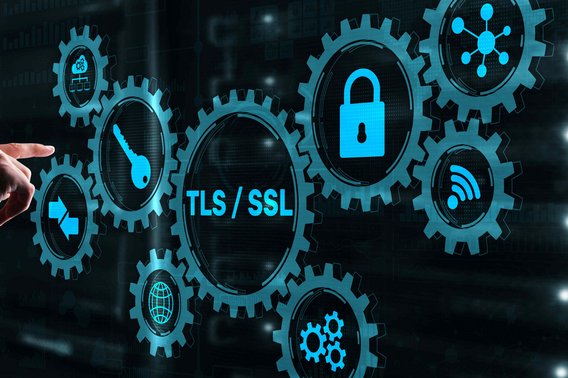Electronic archives are on the rise in the face of advancing digitalisation. In order to keep up with the times and with regard to aspects such as document management and archiving, rights management or revision security, many companies are working on gradually digitising their documents that were previously archived in paper form.
However, electronically signed, sealed or time-stamped documents are subject to different ageing processes than their paper counterparts. This is due to the mathematical algorithms used for signatures, seals and certificates. These lose their suitability over time, which ultimately leads to a loss of evidential value. The algorithms used in signatures, seals and certificates must therefore be updated at regular intervals.
Providers of special electronic archives, so-called preservation services, take care of this and ensure that the evidential value of the signed or sealed documents is maintained by renewing the ageing algorithms in good time.











